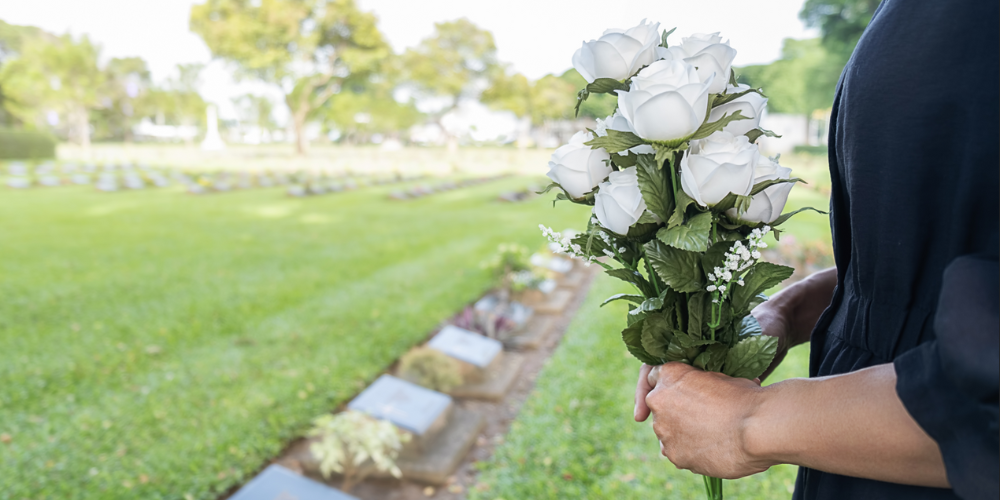Past Issue
Summer
2024
Past Issue
Summer
2024
Sage60 gives Sage readers fresh content four times a year, and it releases six weeks after each print edition. In this edition, we tackle some serious issues, including the difference between expected age-related memory loss and dementia as well as how to prepare for the loss of a long-time spouse or partner. We consulted experts on each topic. Meanwhile, we also consider the future of the public service as it expands its use of artificial intelligence — the promises and the pitfalls. And for some fun, we talk to music teachers about the challenges and opportunities involved in learning to play a musical instrument later in life.




